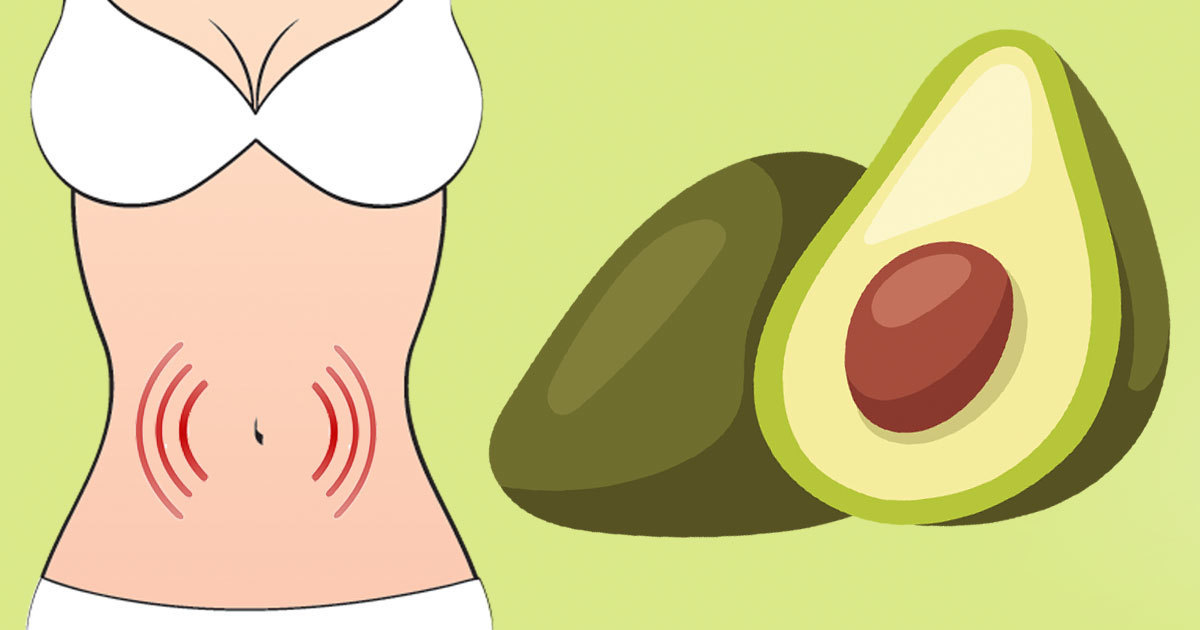This is what will happen to your body if you eat eggplant
|
The eggplant may look like a humble vegetable, but it is a powerful superfood rich in antioxidants and biological compounds that can significantly improve health. At just 35 calories per cup, it's a food that could be a game-changer.
Eggplant represents the perfect definition of "more with less." When you consume 100 grams of this marvelous vegetable, you get only 25 calories but an impressive nutritional wealth: 3 grams of dietary fiber, 229 mg of potassium, and an abundance of B-vitamins. But the real part that makes eggplant a star is its high concentration of Nasunin—a unique antioxidant responsible for its characteristic purple color and impressive health benefits.
The Health Benefits of Eggplant That Everyone Misses!
Natural Protector for the Heart and Circulatory System
Eggplant contains a potent combination of chlorogenic acid and anthocyanin that work together as an advanced defense team for the cardiovascular system. Clinical studies have proven that regular consumption of chlorogenic acid significantly lowers both systolic and diastolic blood pressure. A meta-analysis involving 364 participants found that chlorogenic acid reduced systolic blood pressure by an average of 4.31 mmHg and diastolic blood pressure by 3.68 mmHg.
The additional benefit is that eggplant helps lower "bad" LDL cholesterol and supports blood vessel health. The anthocyanin in the eggplant prevents the oxidation of LDL cholesterol, a process that can lead to hardening of the arteries and heart disease. This means that eggplant not only lowers blood pressure but also acts as a shield against the development of coronary heart disease.
Brain and Memory: The Neuro-Protective Power of Nasunin
Nasunin, the unique purple compound in eggplant, exhibits strong neuro-protective properties. Studies have shown that it can cross the blood-brain barrier and provide direct protection to neurons from oxidative damage. This is especially important for preventing neurodegenerative diseases like Alzheimer's and Parkinson's.
In addition, Nasunin improves blood flow to the brain and communication between synapses—the connection points between nerve cells. Good maintenance of cerebral circulation is essential for memory, concentration, and overall cognitive performance. A laboratory study showed that Nasunin protected brain tissues from H₂O₂-induced oxidation, suggesting potential for preventing premature brain aging.
Sugar Regulation
Eggplant is excellent for people interested in controlling blood sugar levels. It has a low glycemic index of just 30, meaning it has a minimal effect on blood sugar spikes after a meal. Its high fiber content (3 grams per 100 grams) slows down carbohydrate absorption and helps stabilize glucose levels.
Studies have shown that polyphenols found in eggplant can reduce sugar absorption in the intestine and improve insulin sensitivity. This makes eggplant an excellent choice for individuals with diabetes or pre-diabetes. It essentially acts as a natural sugar regulator without causing dramatic rises and falls in glucose levels.
Weight Loss
Eggplant is the secret tool of nutritionists worldwide. With only 35 calories per cup and a high water content, it provides maximum satiety with minimal calories. Its high fiber content leads to a prolonged feeling of fullness, which reduces the tendency to snack between meals.
Another advantage is eggplant's culinary versatility. It can replace high-calorie ingredients in a variety of recipes, and thanks to its spongy texture, it absorbs flavors excellently. This means you can enjoy delicious and filling meals without compromising your weight loss goals.
How to Cook Eggplant in the Healthiest Way
The secret to reaping the maximum health benefits from eggplant lies in the cooking method. As professional nutrition guides state, it is best to avoid deep-frying and instead opt for baking, grilling, or steaming. Eggplant absorbs significant amounts of oil when fried, which can turn it from a low-calorie food into a high-fat one.
The best method is cutting the eggplant into thick slices, brushing with a minimal amount of olive oil, and baking in a hot oven at 200°C (392°F). Another excellent method is grilling, which imparts a special smoky flavor and preserves the nutritional value.
Important Tip: Always eat the peel! The purple peel is concentrated with Nasunin and other antioxidants. Removing the peel means giving up the healthiest part.
The Healthiest Recipes from the Mediterranean Kitchen
The Mediterranean kitchen offers wonderful ways to prepare healthy and tasty eggplant. A classic recipe is Grilled Eggplant with Tahini—grilled eggplant slices seasoned with a drizzle of olive oil, lemon, and garlic, served with a generous amount of tahini. This combination provides protein from the tahini and healthy fats from the sesame.
Another option is Mediterranean-Style Baked Eggplant with root vegetables, olives, and fresh herbs. This recipe maximizes nutritional values and provides a complete and nourishing meal. The eggplant absorbs the flavors of the olive oil and herbs, transforming into a rich and satisfying dish.
Another excellent method is making Ratatouille with eggplant, zucchini, tomatoes, and peppers. This dish provides a wide variety of phytonutrients and colors, with each vegetable contributing its unique properties to the balanced meal.
How Much Eggplant to Eat and When to Be Cautious
Most nutritionists recommend 75-100 grams of eggplant per day as part of your daily vegetable intake. This is roughly equivalent to a quarter of a medium eggplant and provides a perfect serving of active compounds without excess. This consumption is considered safe for most people and provides significant health benefits.
However, there are a few groups that should be cautious. People sensitive to nightshade vegetables (like tomatoes and potatoes) may experience allergic reactions. Also, individuals prone to kidney stones should consume eggplant in moderation due to its oxalate content.
Users of MAOI medications (Monoamine Oxidase Inhibitors) should be cautious about consuming large quantities of eggplant due to its tyramine content. Additionally, people with low blood pressure should monitor their reaction to eggplant, as it can lower blood pressure further.
The Final Word on the Purple King
The eggplant has proven itself to be one of the most potent and readily available superfoods in nature. The unique combination of Nasunin, chlorogenic acid, dietary fiber, and low caloric content makes it a powerful weapon in the battle for better health. Its benefits span central body systems—from protecting the heart and brain to aiding in weight and sugar control.
The big mistake people make is viewing eggplant as just a side vegetable. Instead, it should be treated as a key component of a healthy diet. When prepared correctly—baked, grilled, or steamed with minimal oil—it becomes the star of the meal, not just a filler.
The beauty of eggplant is its simplicity. It doesn't require complex preparation or expensive ingredients to be healthy and delicious. Quality olive oil, a little salt, and herbs give you a dish that combines culinary pleasure with maximum health benefits. In an age where we look for natural ways to maintain health, the eggplant reminds us that sometimes the best answers are hidden in the simplest places—the local vegetable stand.












